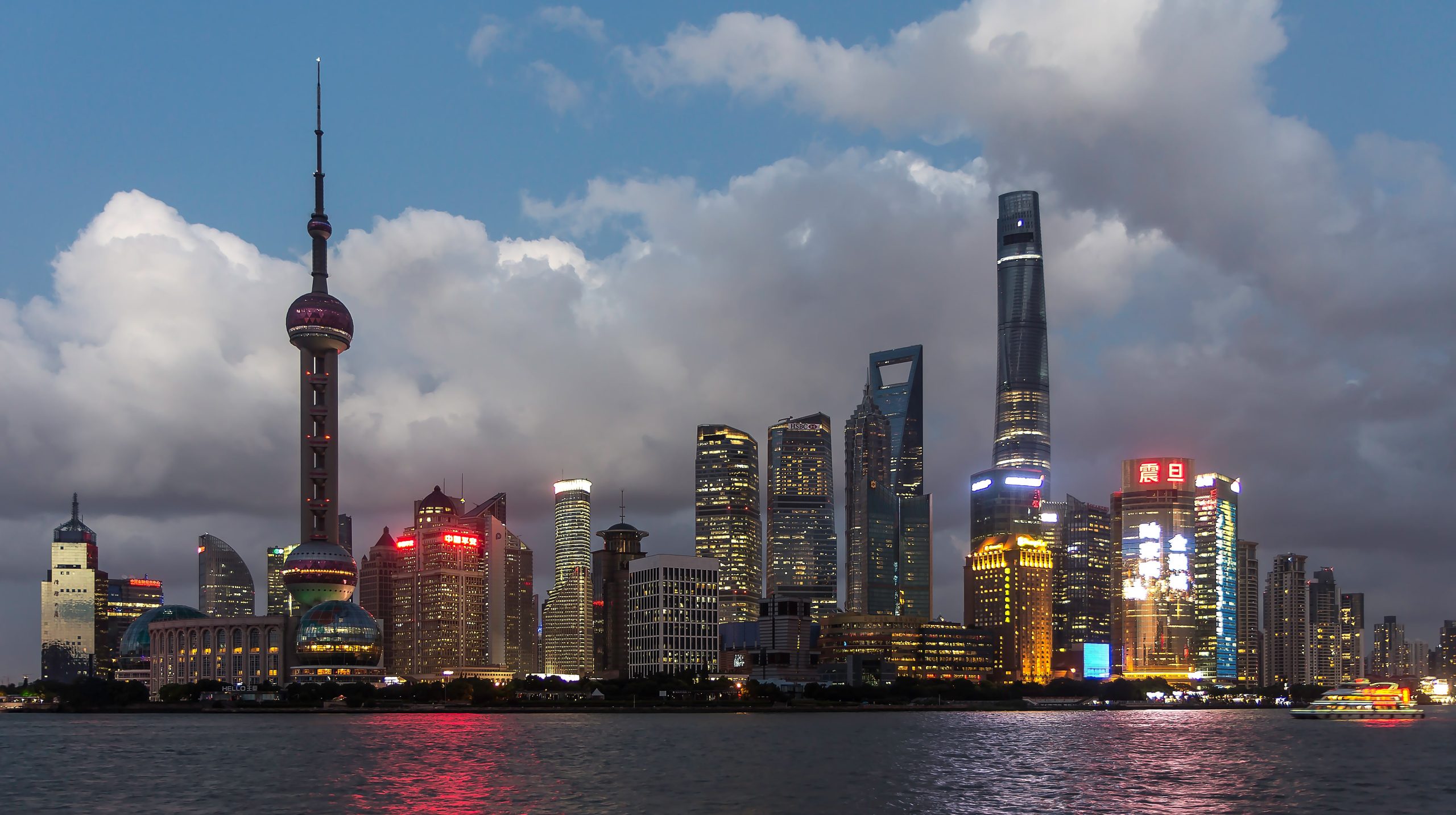The growth rate of the Chinese economy in the third quarter of 2021 is the slowest in a year. Power shortages and major fluctuations in the property market are the cause. Pressures on policymakers to do more to support a recovery are mounting.
Data released on Monday showed that China’s GDP grew by 4.9% in July-September compared to the same period last year, the smallest increase since the third quarter of 2020.
The world’s second largest economy is facing several major challenges. China Evergrande Group’s debt crisis, continued delays in supply chains, and a shortage of electricity have caused factory output to fall to the same level as in early 2020, when heavy restrictions to combat Covid-19 were put in place.
“The national economic recovery is still unstable and uneven,” Fu Linghui, spokesman for the National Bureau of Statistics, said on Monday.
The slowdown in China’s growth is all the more surprising given that the country’s economy had rebounded impressively after the Covid-19 crisis, thanks in part to effective containment and strong foreign demand for the country’s manufactured goods.
“In response to the dismal growth figures we expect in the coming months, we expect policymakers to take more steps to support growth, including ensuring ample liquidity in the interbank market, accelerating infrastructure development and easing aspects of overall credit and property policies,” said Luis Kuijs, head of Asian economics at Oxford Economics.
This weak growth has pushed down the yuan and most other Asian markets amid broader investor concerns about the global economic recovery.
Many indicators are in orange or even red. For example, new construction starts in September fell for a sixth consecutive month, while industrial production rose just 3.1% in September from a year earlier https://rankhaya.com/ไวอากร้าสำหรับผู้หญิง-female-via/.
“Most of the (negative) factors are policy-driven. The economy has many problems and these problems will not go away soon because the policies are here to stay and therefore will continue until 2022,” said Iris Pang, chief economist for Greater China at ING.
Read also > CHINA BANS BITCOIN, HONG KONG STOCK MARKET PLUNGES
Featured photo : © Stefan Fussan










